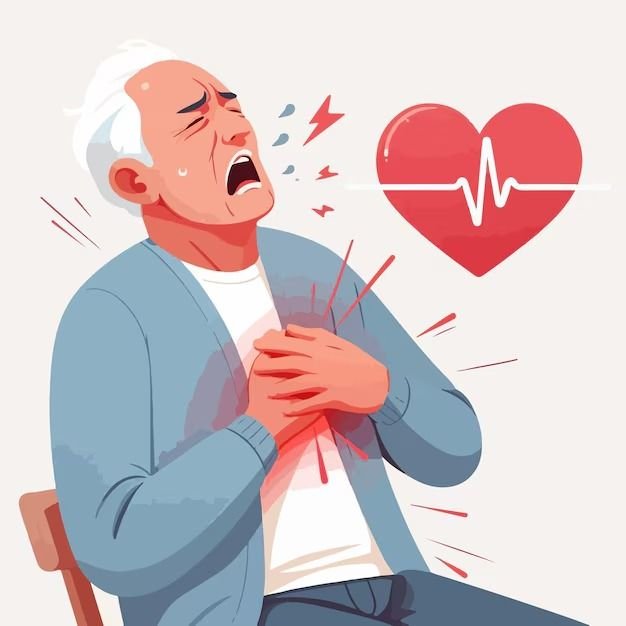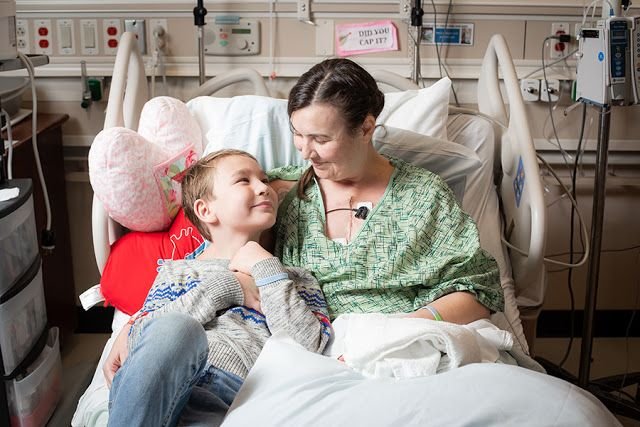Aortic Surgery

What is Aortic Surgery?
Aortic surgery is a specialized procedure used to repair, reconstruct, or replace parts of the aorta — the body’s largest artery, responsible for carrying oxygen-rich blood from your heart to the rest of your body. Diseases of the aorta can be silent yet life-threatening, and timely surgical intervention is critical for preventing rupture, stroke, or sudden death.
Conditions We Treat with Aortic Surgery
✔️ Aortic Aneurysm (Thoracic or Abdominal): A dangerous bulge in the aorta that can rupture
✔️ Aortic Dissection: A tear in the aorta’s inner wall that causes life-threatening internal bleeding
✔️ Aortic Stenosis with Aortic Root Enlargement
✔️ Congenital Aortic Conditions (e.g., Bicuspid Aortic Valve + Aortopathy)
✔️ Traumatic Aortic Injury
✔️ Infectious or Inflammatory Aortic Disease
✔️ Genetic Aortic Syndromes (e.g., Marfan, Ehlers-Danlos)
Types of Aortic Surgery We Offer
✔️ Open Aortic Aneurysm Repair: Direct surgical replacement using a synthetic graft
✔️ Endovascular Aortic Repair (EVAR/TEVAR): Minimally invasive procedure using a stent graft inserted via blood vessels
✔️ Aortic Root Replacement (Bentall Procedure): Replacement of the aortic root and valve, often for aneurysms or genetic disease
✔️ Aortic Arch Surgery: Treats disease near the heart and brain arteries, sometimes requiring circulatory arrest
✔️ Hybrid Aortic Surgery: Combines open and endovascular techniques for complex cases
✔️ Valve-Sparing Aortic Root Replacement: Preserves your own aortic valve while fixing the root
⚠️ Symptoms That May Signal Aortic Disease
✔️ Sudden, severe chest or back pain
✔️ Hoarseness, coughing, or trouble swallowing (from an enlarged aorta)
✔️ Pulsating feeling in the abdomen
✔️ Shortness of breath or fainting
✔️ High blood pressure that's hard to control
✔️ Family history of aortic aneurysm or dissection
Even without symptoms, routine screening is recommended if you have risk factors.

How We Diagnose Aortic Conditions
✔️ CT Angiography (CTA): High-resolution images to measure and map the aorta
✔️ MRI/MRA: Especially helpful for younger patients and genetic conditions
✔️ Echocardiogram (Transthoracic or Transesophageal): To assess valve and root involvement
✔️ Genetic Testing: For hereditary aortic diseases
✔️ Blood Pressure and Cardiac Risk Assessment
⭐ Why Choose TreatmentTour for Aortic Surgery?
✔️ Access to top cardiac and vascular surgeons around the world
✔️ Minimally invasive and complex aortic reconstruction options available
✔️ High-volume centers with lower complication rates
✔️ Customized surgical plans based on your anatomy and risk profile
✔️ Transparent, all-inclusive cost estimates — no hidden fees
✔️ Support for international patients — travel, visas, accommodation, and follow-up

How We Make It Easy for You
✔️ Book top aortic surgeons with just a few clicks
✔️ Full logistics support for diagnosis, treatment, and rehabilitation
✔️ Virtual consultations and second opinions from global experts
✔️ Personalized care from start to finish — for you and your family
❓ Frequently Asked Questions
Q: Is aortic surgery risky?
✔️ While serious, aortic surgery performed by experienced surgeons has excellent success rates — especially when done before complications arise.
Q: How long is recovery after surgery?
✔️ EVAR patients often go home in 1–3 days; open surgery recovery takes 4–8 weeks with proper rehab.
Q: Will I need lifelong monitoring?
✔️ Yes. Post-surgery, regular imaging is important to ensure long-term success and detect new issues early.
Your Aorta Deserves Expert Care
Don’t wait for symptoms to become an emergency. Get expert evaluation and treatment today.
📞 Contact TreatmentTour Now
📧 Email: treatmenttour@gmail.com
📱 Phone: +888000
🌐 Website: www.treatmenttour.com